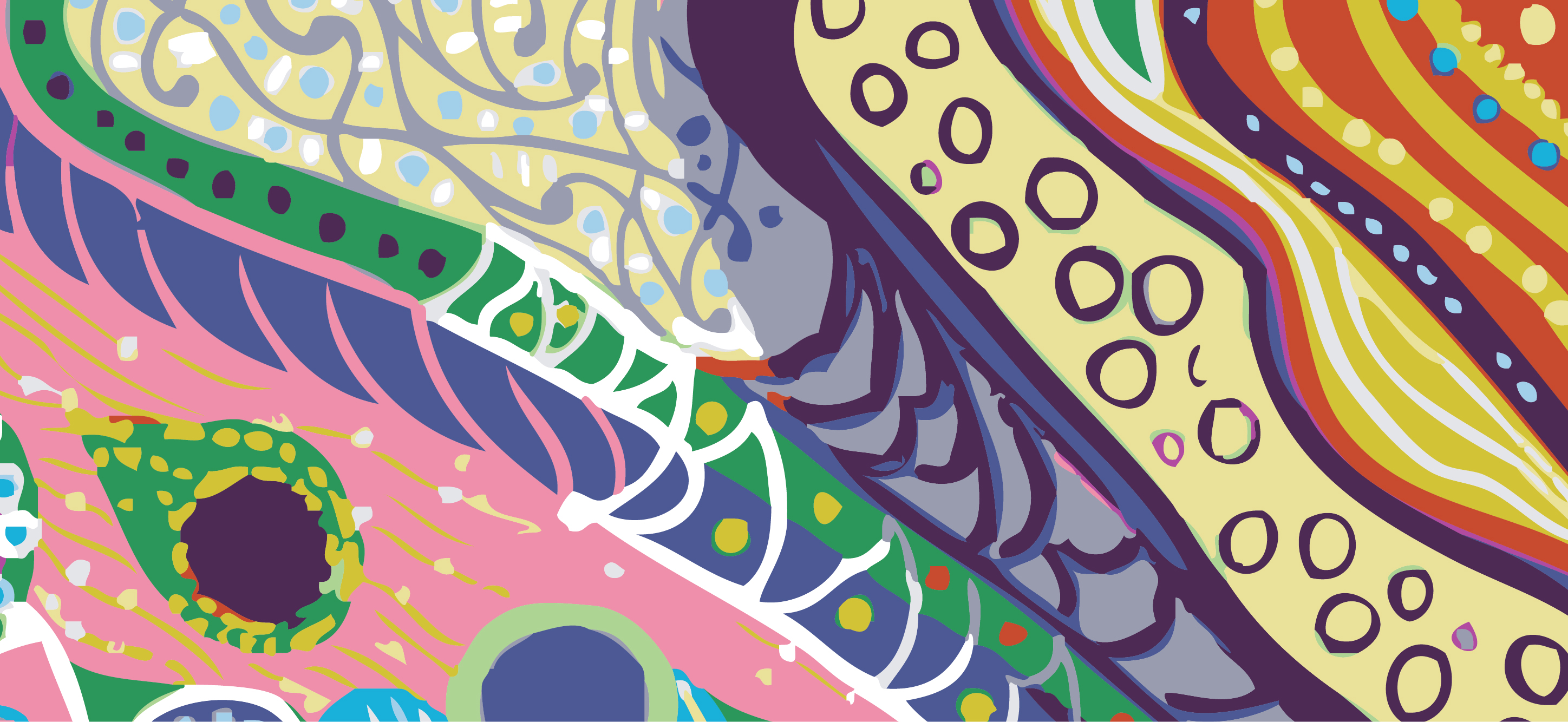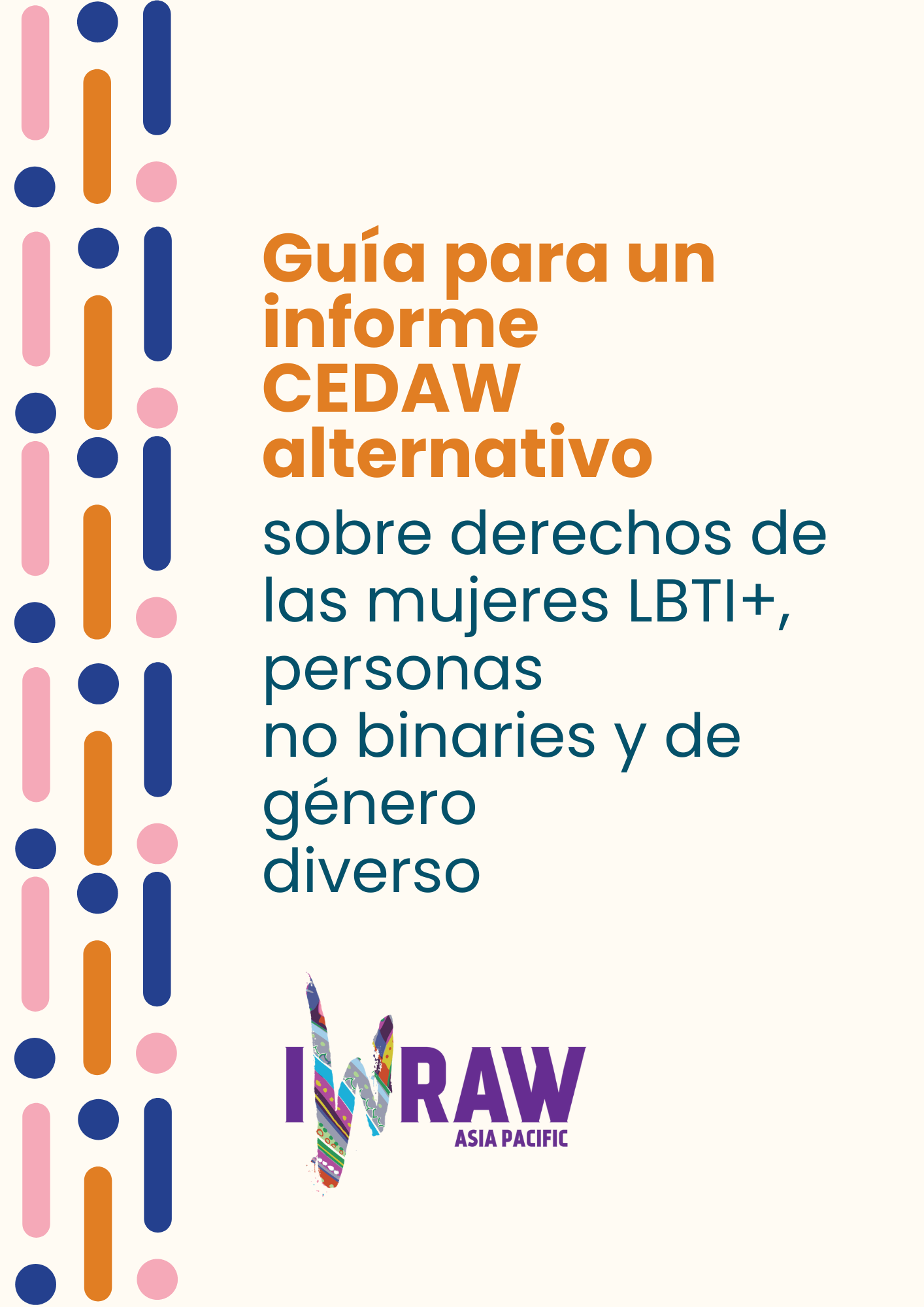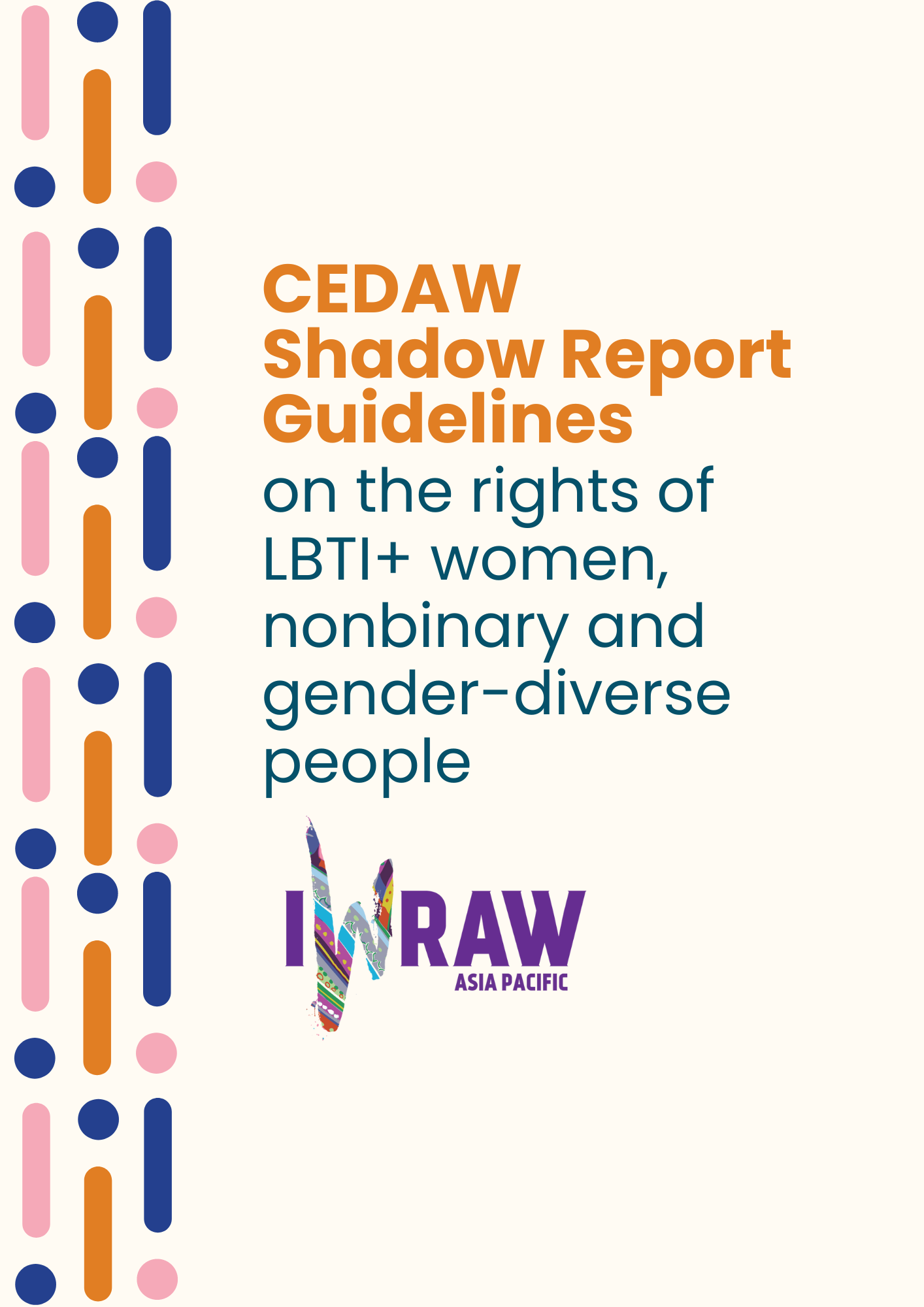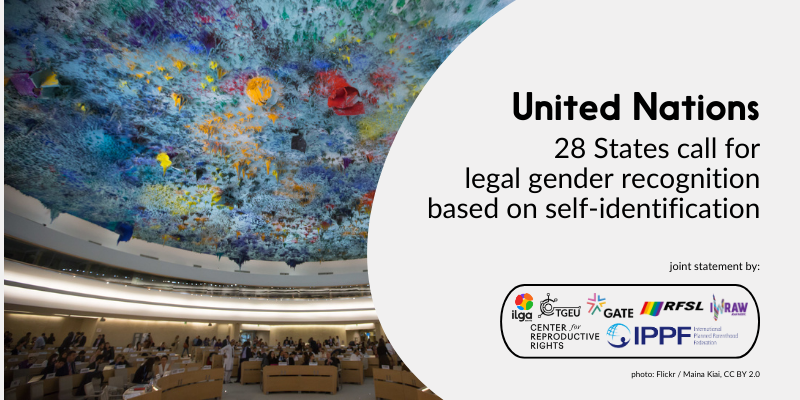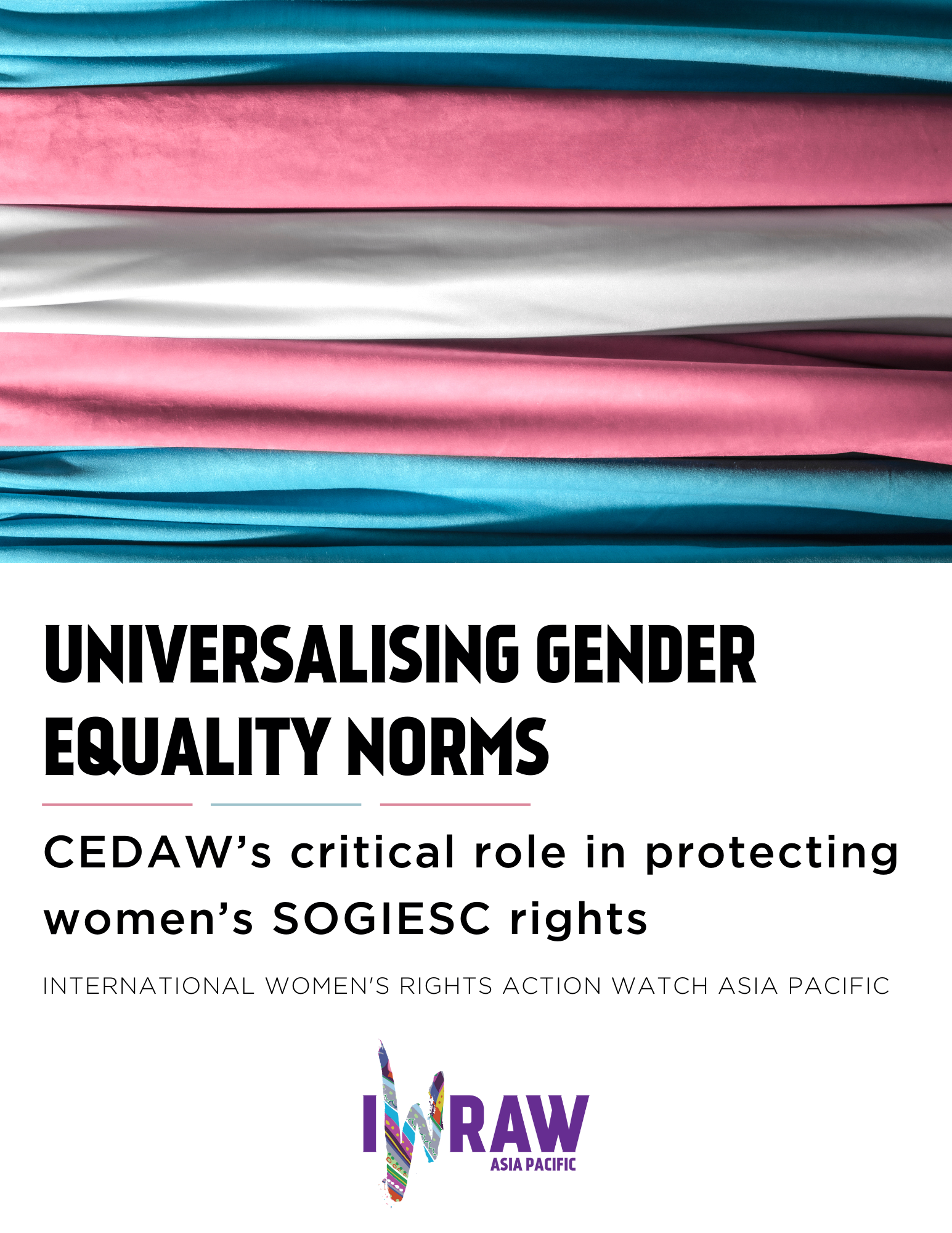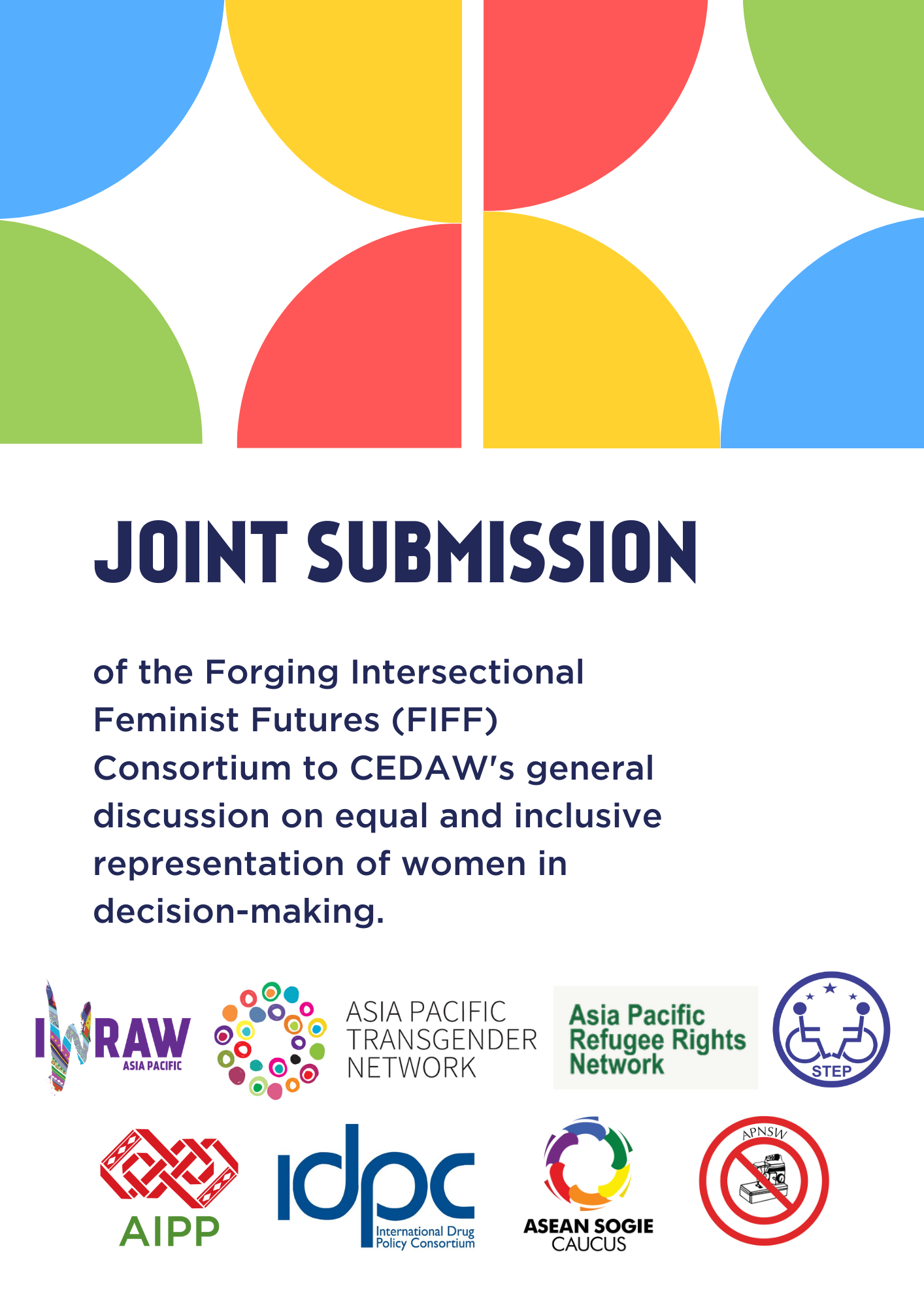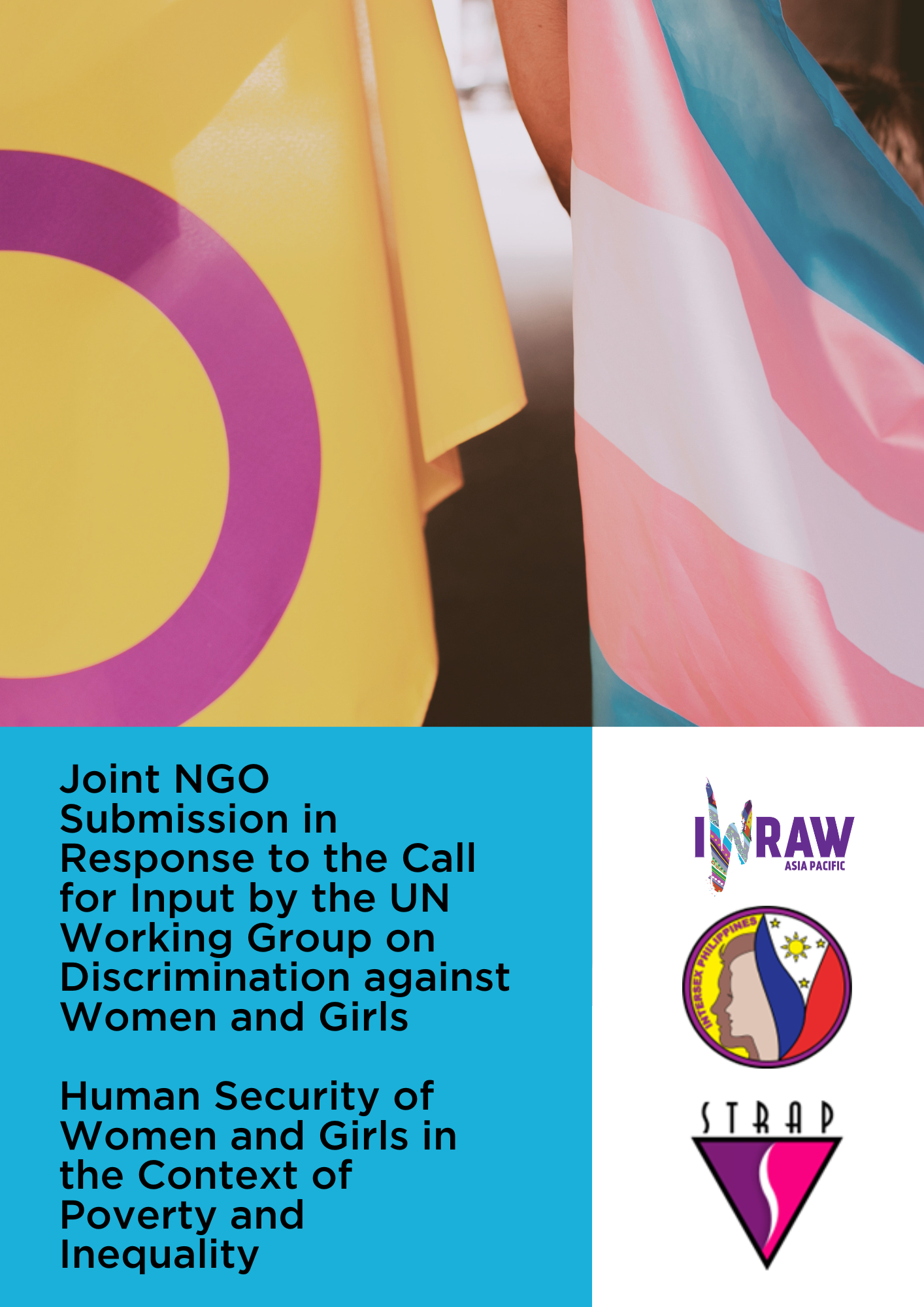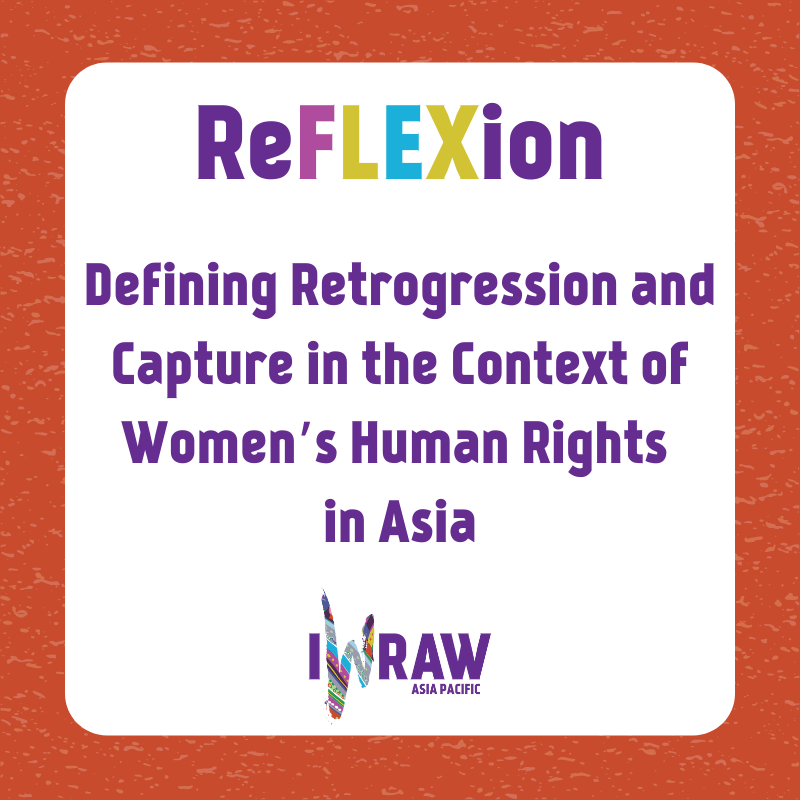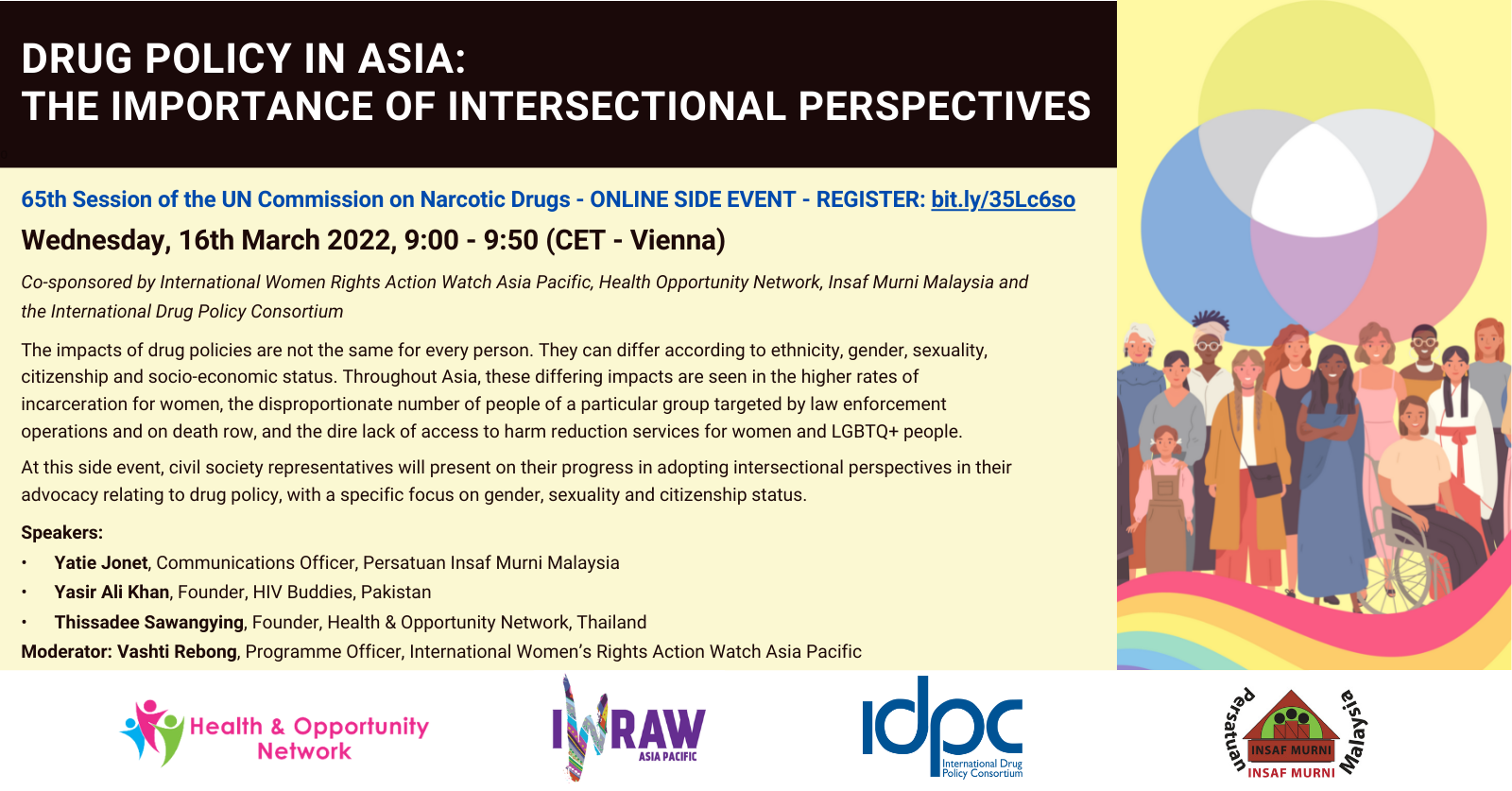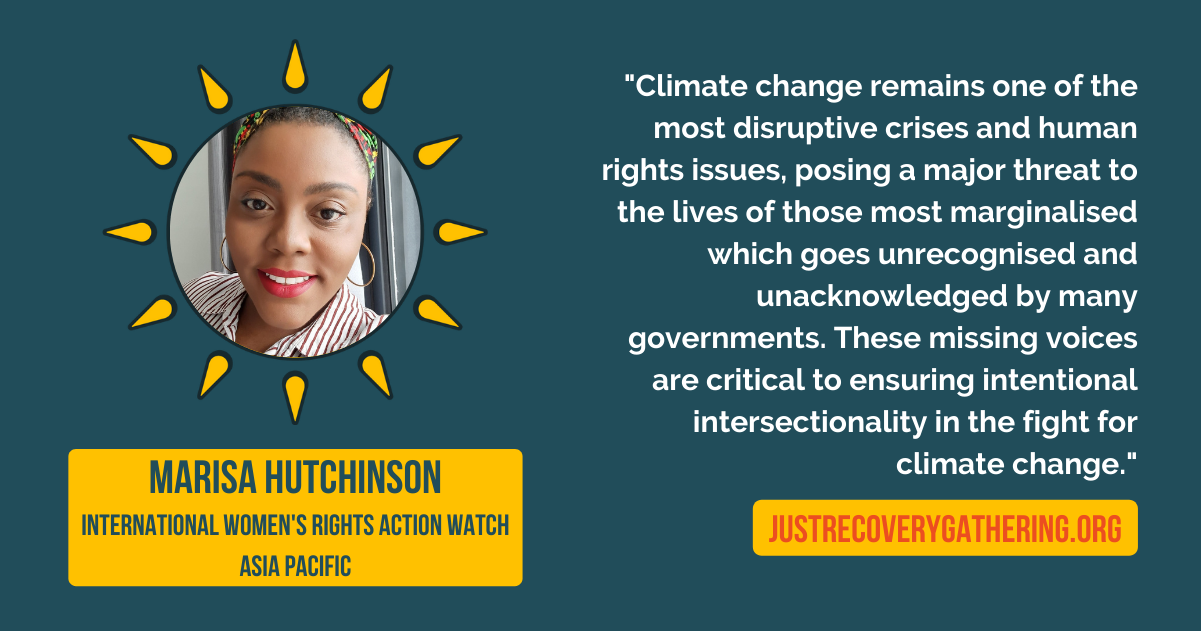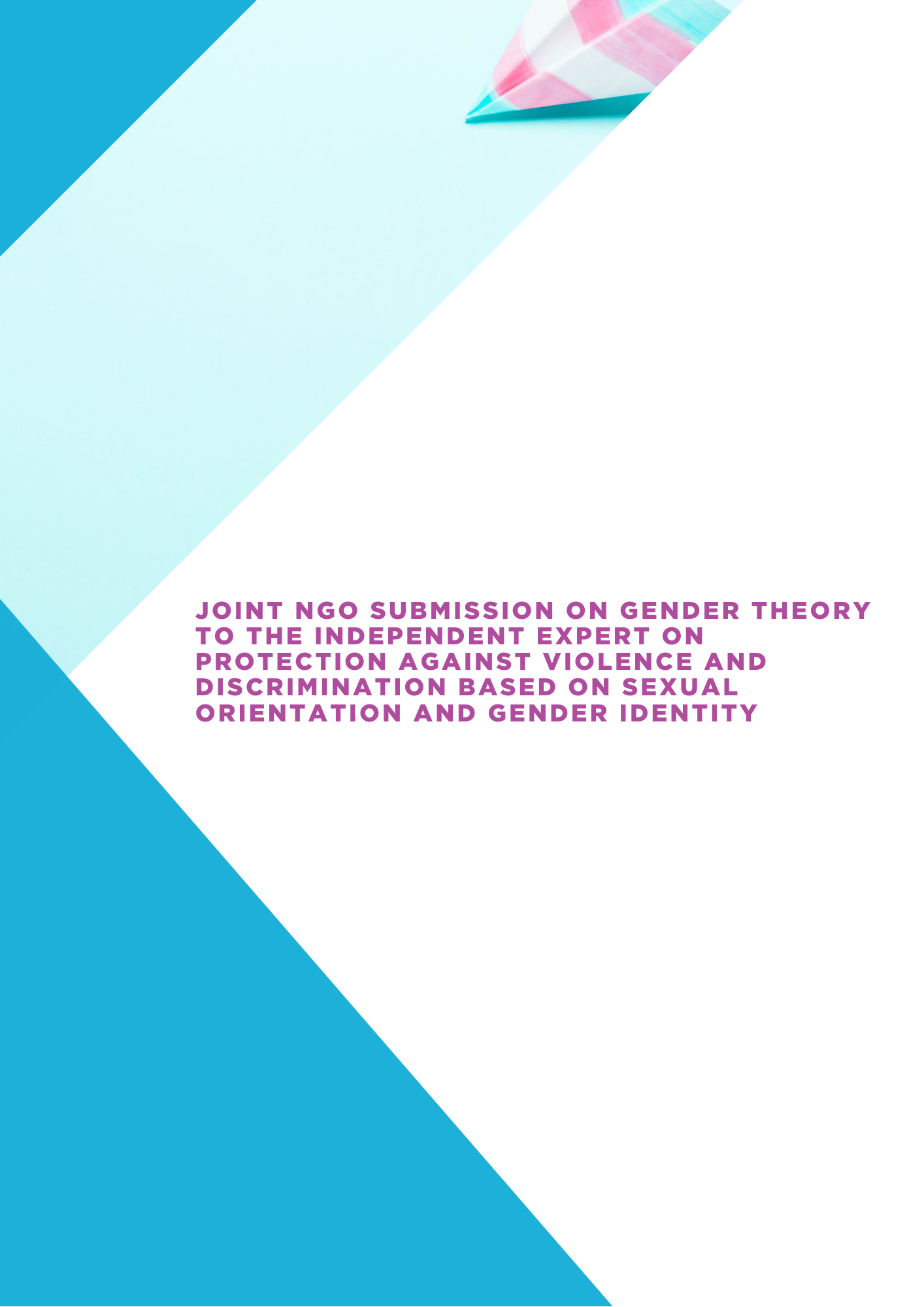Guía para un informe CEDAW alternativo sobre derechos de las mujeres LBTI+, personas no binaries y de género diverso
June 2024
Este recurso de 19 páginas proporciona orientación específica de artículos para las ONG que buscan participar en el proceso de revisión de la CEDAW con miras a los derechos de las mujeres lesbianas, bisexuales, transgénero e intersexuales, y de las personas no binarias y de género diverso. Traducción por Larissa Arroyo Navarrete y colaboración de […]
Read MoreCEDAW shadow report guidelines on the rights of LBTI+ women, trans, non-binary and gender-diverse people
March 2024
This 19-page PDF provides article-specific guidance to NGOs who aim to engage with the CEDAW review process with a view to the rights of lesbian, bisexual, transgender and intersex women, and non-binary and gender-diverse people. Also available in Spanish.
Read MorePress Release – United Nations: 28 States call for legal gender recognition based on self-identification
March 2023
For the first time at the United Nations, a cross-regional group of 28 countries has called for laws and policies that allow legal gender recognition based on self-identification. Countries called on other States to “implement laws and policies that allow the recognition of gender identity based on self-identification”, and to “redouble efforts to prevent and […]
Read MoreUniversalising Gender Equality Norms: CEDAW’s critical role in protecting women’s SOGIESC rights
February 2023
Over the past few years, the ‘anti-gender’ movement has established itself to be one of the most concerning threats to women’s human rights advocacy. Successful capture of women’s rights language spaces has further galvanised ‘anti-gender’ actors to take their harmful narratives to various decision-making, human rights and development platforms across the world. At the brunt […]
Read MoreJoint submission of the FIFF Consortium to CEDAW’s general discussion on equal and inclusive representation of women in decision-making
February 2023
This joint submission to the CEDAW Committee for their general discussion on equal and inclusive representation of women in decision-making was prepared by the Forging Intersectional Feminist Futures (FIFF) consortium. The joint submission aims to highlight the multidimensional barriers that marginalised groups of women face in their access to equal and inclusive representation in decision-making […]
Read MoreHuman Security of Women and Girls in the Context of Poverty and Inequality
October 2022
This submission in response to the call for input by the UN Working Group on discrimination against women and girls was prepared jointly by Intersex Philippines, Society of Trans Women of the Philippines and IWRAW Asia Pacific. It primarily gives input on the structural barriers experienced by transgender, intersex women and girls, and gender-diverse people […]
Read MoreFeminist Learning Exchange: Defining Retrogression and Capture in the Context of Women’s Human Rights in Asia (FLEX)
April 2022
The Feminist Learning Exchange: Defining Retrogression and Capture in the Context of Women’s Human Rights in Asia (FLEX) aims to consolidate feminist knowledge and analyse the social, political, economic and legal context of women and marginalised groups organising to claim their rights; and to understand how women’s rights groups advocate for the rights of marginalised […]
Read MoreDrug policy in Asia: the importance of intersectional perspectives
March 2022
The impacts of drug policies are not the same for every person. They can differ according to ethnicity, gender, sexuality, citizenship and socioeconomic status. Throughout Asia, these differing impacts are seen in the higher rates of incarceration for women, the disproportionate number of people of a particular group targeted by law enforcement operations and on […]
Read MoreIntentional Intersectionality in the Fight against Climate Change
April 2021
Organised by IWRAW Asia Pacific, this session at the Global Just Recovery Gathering invited participants to analyse and document the impacts of climate change on their multiple lived realities and work collectively to find ways these can be mitigated through an intentionally intersectional approach. The session is also intended to contribute to filling the knowledge […]
Read MoreJoint Submission on Gender Theory to the UN Independent Expert on Protection against Violence and Discrimination based on Sexual Orientation and Gender Identity
March 2021
Submitted jointly with CREA, Amnesty International and the Global Health Justice Partnership of Yale Law School and the Yale School of Public Health, this response to the UN Independent Expert’s call for input discusses the use of ‘gender ideology’ narratives to restrict rights and block progressive developments, with examples from around the world. Nine pages […]
Read MoreSorry, no content matched your criteria.

